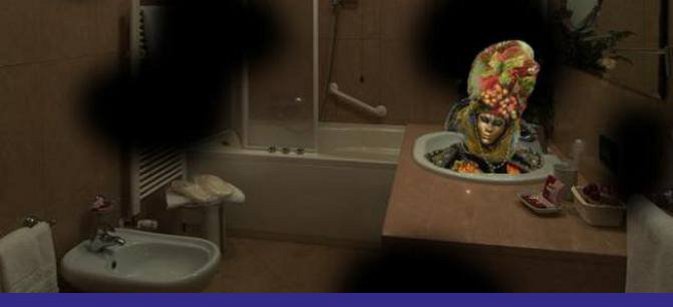In 1996, a controversial paper was published suggesting a possible relationship between CBS and cognitive decline (ie. lowered mental sharpness), and even dementia (Pliskin et al, 1996). Over the subsequent 20 years, a handful of papers have also indicated that CBS may be a precursor to dementia.
These views have been seen as contentious because one of the hallmark indicators of the CBS diagnosis is that the person retains intact cognition. Indeed, some studies that have followed up on CBS patients some time later found no decline in their cognitive ability.
Given these conflicting positions, two recently published studies on this precise topic are timely. Both these papers found no significant connection between CBS and cognitive impairment.
Russell and Burns (2014) undertook a systematic review of evidence in support of a link between CBS and cognitive decline. They concluded that at present there is insufficient evidence to make such a call. In another study, Boxerman and Wittich (2015) explored whether macular degeneration patients who also live with CBS were more likely to experience cognitive decline and depression. It was found that the risk of depression was the same as for those living only with macular degeneration. Further, no significant links between CBS and cognitive decline were found.
Having said that, Russell and Burns (2014) quite rightly point out that attempts by clinicians/researchers to clearly determine a person’s level of insight and cognitive abilities have sometimes been found wanting. The Foundation is in agreement on this point. Screening measures for detecting degree of insight and cognitive decline have not always been adequate or consistent. Consequently, this has muddied the CBS waters.
Summary
Whilst these studies did not support the notion that CBS may be a stepping stone to dementia, the jury is still out. It does however indicate that clinicians need to more carefully pay attention to the diagnostic criteria for CBS otherwise inaccurate or misleading diagnoses may follow.
REFERENCES
Boxerman & Wittich (2015). Charles Bonnet syndrome in older adults with age-related macular degeneration: Its relationship to depression and mild cognitive impairment. British Journal of Visual Impairment, 33(1):19-30.
Russell & Burns (2014). Charles Bonnet syndrome and cognitive impairment: a systematic review. International Psychogeriatrics, 26(9):1431-1443.









